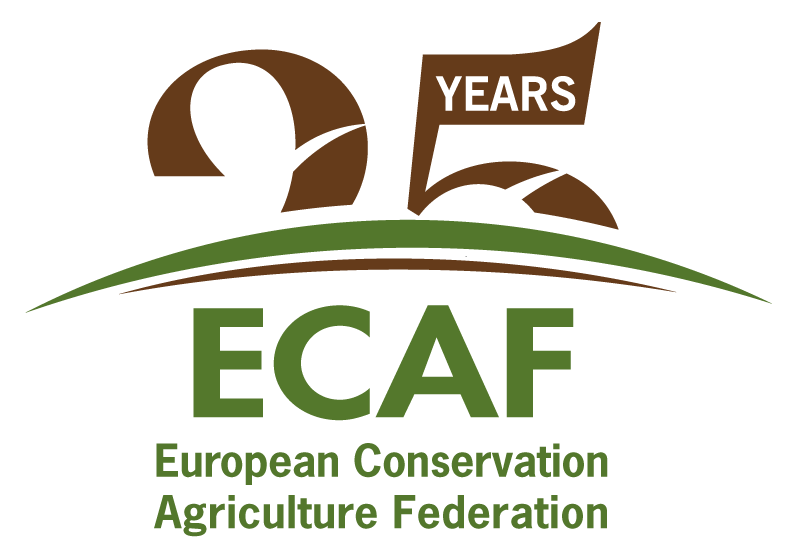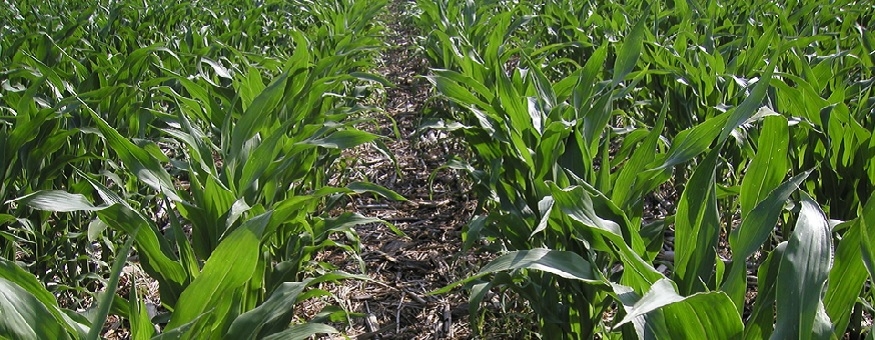If any sector will be affected by climate change, that sector will be agriculture, due to the relationship between agricultural activities and the climate. Apart from suffering from this phenomenon, agriculture is also a source of GHG emissions. Consequently, the sector faces the challenge of mitigating climate change and adapting to the new scenarios that emerge as a result of global warming.

One of the challenges of CAP 2020 is to take full advantage of the potential of agriculture to mitigate climate change and adapt to its consequences, as well as to increase the positive contribution the sector makes towards enhancing energy efficiency and carbon capture and sequestration. In order to do so, European authorities must be informed about the mitigation and adaptation practices that have already been studied at experimental level in order to validate them jointly at demonstration level. Therefore, the overall goal this project pursues is to establish strategies for managing extensive agricultural crops, that together contribute to mitigating climate change and adapting crops to both current and future climate conditions, and which also serve to support and develop EU and member states environmental policy and legislation regarding climate change. To this end, the project is intended to achieve the following specific objectives:
- Demonstrate the viability of management systems based on integrating climate change mitigation and adaptation measures into irrigated farming in the Mediterranean Basin.
- Ratify the global impact of the combined mitigation and adaptation strategies adopted by creating a European Network of Demo Farms (ENDF).
- Establish a procedure for taking action based on the mitigation and adaptation strategies identified, that lead to technical recommendations for adoption and monitor implementation to also check the application of agri-environmental measures and other programs related to climate change.
- Disseminate and transfer the experience acquired and the management philosophy to other area in similar circumstances by strengthening the communication links between research, government and final consumers.

